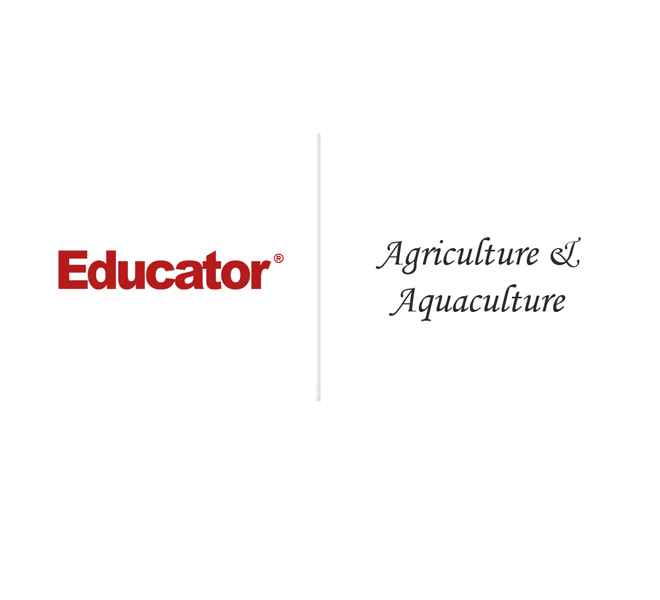Connecting...

This is a quick preview of the lesson. For full access, please Log In or Sign up.
For more information, please see full course syllabus of AP Environmental Science
For more information, please see full course syllabus of AP Environmental Science
AP Environmental Science Agriculture & Aquaculture
Lecture Description
In this lesson, our instructor Bryan Cardella gives an introduction on agriculture and aquaculture. He discusses agroecosystem basics, feeding the world, crops, livestock, soils, fertilizers, pests and pesticides, the future of agriculture, genetically modified organisms, aquaculture, mariculture, and the future of our water supply.
Bookmark & Share
Embed
Share this knowledge with your friends!
Copy & Paste this embed code into your website’s HTML
Please ensure that your website editor is in text mode when you paste the code.(In Wordpress, the mode button is on the top right corner.)
×
Since this lesson is not free, only the preview will appear on your website.
- - Allow users to view the embedded video in full-size.
Next Lecture
Previous Lecture










































 Answer Engine
Answer Engine


1 answer
Thu Feb 19, 2015 10:24 AM
Post by Clint Balabuszko on January 22, 2015
Have you seen the Documentary called Cowspiracy? it talks about animal agriculture and it's major effects on the environment. There is another video, on Youtube, called Sustainability and Food Choice: Why Eating Local, "Less" Meat, and Taking Baby Steps Won't Work. http://youtu.be/Fws0f9s4Bas
0 answers
Post by Bryan Cardella on January 11, 2015
Also, for more on how humans (Americans especially) are hugely dependent on corn in their diet, check out the documentary called "King Corn". It gives some truth to the term "cornivore" being applied to our species!
0 answers
Post by Bryan Cardella on January 11, 2015
Just want to clarify what I said regarding GMOs (genetically modified organisms):
- In reality, most of our food consumed today is made of GMOs! If this is hard to believe, consider this: the act of artificial selection in itself is genetically modifying a species over time. Scientist Neil deGrasse Tyson has a had a lot to say about this topic, and he certainly has calmed the panic regarding GMOs in many peoples' minds. Whether it's wheat, corn, beef, poultry, apples: all of these are technically GMOs!
- The true critique regarding GMOs comes from a more aggressive genetic transformation/modification, such as inserting a plasmid/vector/novel gene into the genome of an organism to make it bigger, more robust, faster growing, fatter, etc. That level of manipulation is different because with artificial selection humans are acting on what already exists in a genome, instead of actively changing the genome in a more drastic way. A great example is genetically modified salmon. There are some farms that harvest salmon that have resulted from fertilized salmon eggs being injected with growth hormone genes to make them grow larger and grow faster. Many stores and restaurants have pledged to not buy these fish. Time will tell whether or not eating the flesh of these fish will cause any health issues in humans (or drastic changes in the ecosystem)